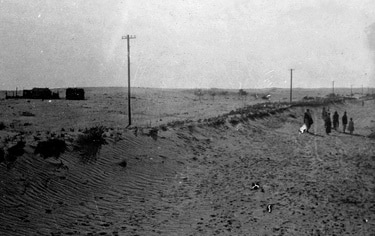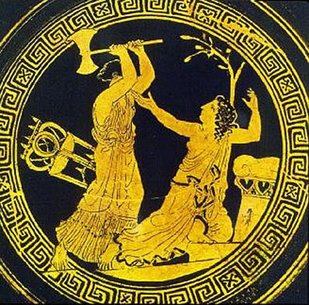My Teaching Philosophy
...I aim to make my classroom a place in which everyone feels comfortable and capable. Using small group work and in-class debates, I encourage a collaborative, student-directed atmosphere, even in large lecture courses. I make sure that everyone, even the least talkative pupil, has a chance to contribute...I also readily use non-philosophical texts in the classroom, including fiction, legal cases, news articles, autobiography, and interviews.
READ THE COMPLETE STATEMENT
TEACHING AWARDS
*Nomination, Career Center Faculty Recognition Award, University of Utah. Recognition for contributions to students’ professional development, 3/18
*Daniels Funds Leadership in Ethics Teaching Award, University of Utah, 11/16
*Nomination, Career Center Faculty Recognition Award, University of Utah. Recognition for contributions to students’ professional development, 3/18
*Daniels Funds Leadership in Ethics Teaching Award, University of Utah, 11/16
Selected Courses
Justice and International Affairs: War At Home and Abroad
|
|
Course description: This course examines war and its effects from a philosophical perspective. It is organized around four snapshots of war—ranging in time from Ancient Greece to the 21st century Middle East. These snapshots, on one hand, focus on the “theaters” of war. Yet they inevitably draw us back to the effects of war on people outside war zones: civilians at home who may or may not support armed conflicts, family and friends of those fighting, soldiers returning from war, and people displaced by war, i.e., refugees. As a class, we investigate some of the philosophical questions surrounding the conflicts described in these snapshots. For example, is there such a thing as a just war? What makes a war unjust, when and if it is? What are the ethical costs associated with war? When—and how, if at all—is one morally obligated to resist? What, if anything, do we owe to refugees displaced by conflicts and to soldiers returning home? Students will engage these questions with a special eye towards issues of gender, social class, race, and ethnicity.
STUDENT EVALUATIONS FROM COURSE |
Discrimination & Equality in the Workplace
(PHIL 5191)
|
Course Description: If we overhear someone say, “You’re discriminating against me,” we recognize the utterance as an accusation. But what, exactly, is discrimination? And why is it wrong? In this course, we investigate these questions with a specific focus: employment discrimination. We’ll start by considering the ethical and political significance of jobs. In the course’s second part, we’ll move on to the question: what counts as discrimination in the workplace? To make progress on this question, we will examine examples of employment discrimination from US case law, as well as bits and pieces of the law itself. Our aim will be philosophical. That is, we will be less interested in how one might litigate an actual case of employment discrimination (standards of evidence, burdens of proof, etc.) and more interested in articulating different conceptions of discrimination present in the law. In the course’s third part, we will look more carefully at questions of wrongness. Why and when is discrimination wrong? In the course’s final part, we ask: when, if ever, should workplace discrimination be permitted? Looking at actual court cases and real-life examples, we will attempt to understand why discrimination is legally permissible in some—but not all—cases.
STUDENT EVALUATIONS FROM COURSE |
|
Philosophy and Literature: Visions of Justice
(PHIL 3750/GNDR 3960)
|
Ethical Dilemmas: Food, Wealth, and Social Identity
(PHIL 1001) Course Description: How ought I live? In this course, we will investigate this question—the central question of ethics—by focusing on three topics: food, wealth, and social identity. Food will be our starting point. What does it mean, we will ask, to be an ethical consumer of food? Is eating meat morally permissible? Should we eat only local and organic products? What is the connection between social inequality and food? Thinking about food will lead to our second topic: wealth and poverty. We live in a world marked by increasingly large gaps between the well to do and the poor. What’s wrong with such inequalities? What moral obligations do we have, as individuals, to help the less well off? How do these obligations affect how we ought to spend our money on an everyday basis? What must we give up, if anything, to help relieve the suffering of others? In the course’s last part, we turn to questions of social identity and diversity. What does it mean to accept and respect group difference? Is it enough to tolerate people that we dislike or with whom we disagree? How should we understand categories like gender, race, and ethnicity? Investigating these questions will allow us to better understand the ethical challenges we face in everyday life.
|




